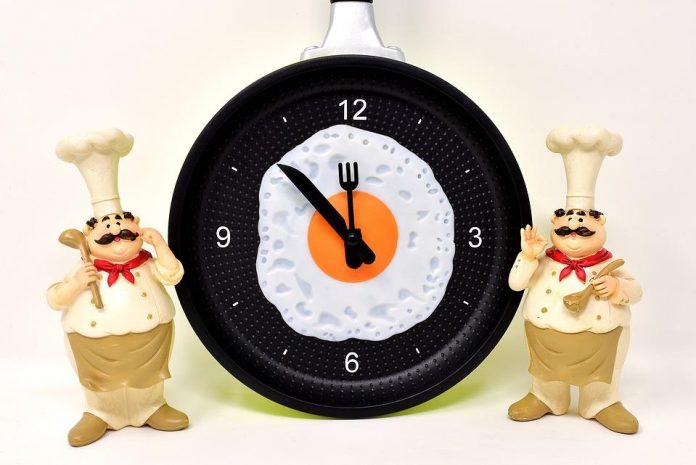So far people have talked about what to eat and how much to eat. But a recent study has told about when to eat, which matters the most when we are talking about vulnerability to cancer. Researchers studied the night habits of the participants who were breast and prostate cancer patients compared to health individuals.
It was noticed that people who regularly ate dinner before 9 pm or at least two hours before going to bed, were at 26 percent lower risk of developing prostate cancer and a 16 percent lower risk of developing breast cancer. This means that meal time had a significant effect on the cancer risk of the participants. While this could not be completely understood why, but the researchers have opined that it is due to the circadian rhythm disruption that leads to problems.
Talking about circadian rhythm, it is the internal clock of the body that rules the sleep cycle along with hormone levels, metabolism and other important mechanisms of health. The above mentioned biological clock is set with the help of the natural factors like rising and falling of the sun. But this can be easily disrupted because of a number of factors like irregular sleep patterns, blue light emitted by the smartphones and meal timings. Some of the earlier studies have mentioned that people who go against the natural rhythm of the body, like those who do night shifts have an increased risk of cancer especially breast and prostate.
Having meals close to bed time can have a detrimental effect on the circadian rhythm by gearing up the digestive system and disrupting sleep. The study has also given evidence that circadian rhythm can play a role in cancer development. However, more research is needed to determine if there really is a link between meal timing and cancer risk. For this you always need to consult your doctor before making major changes to the dietary habits.
Photo Credits: Pixabay











